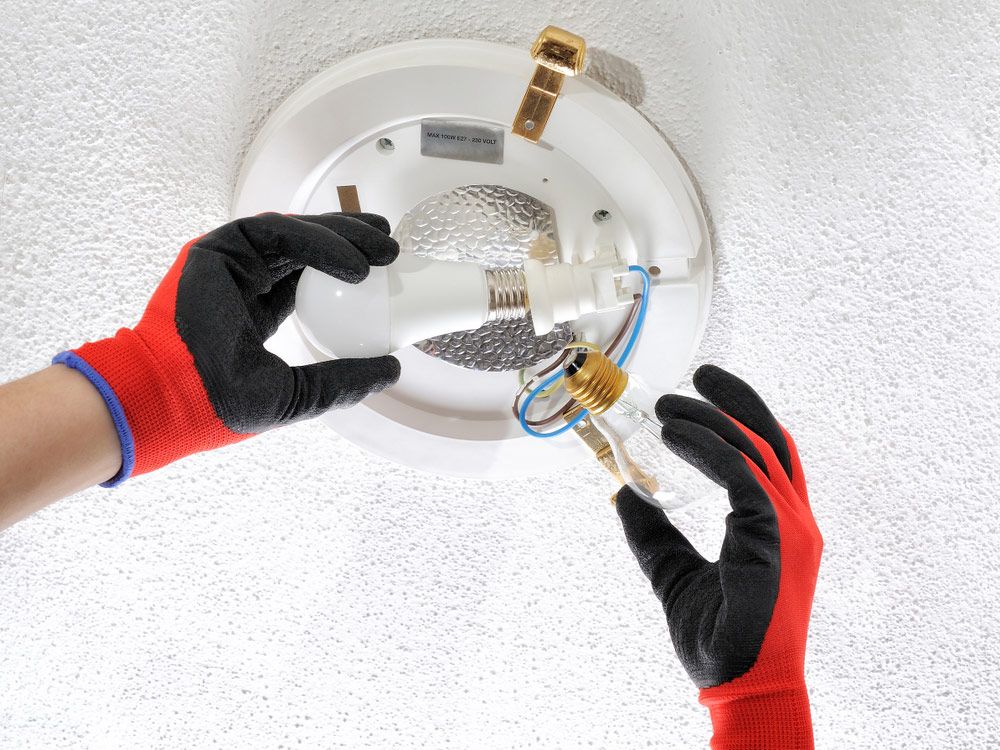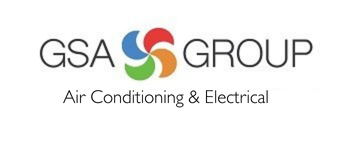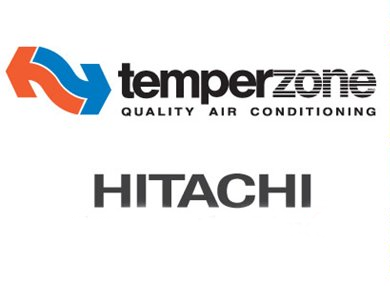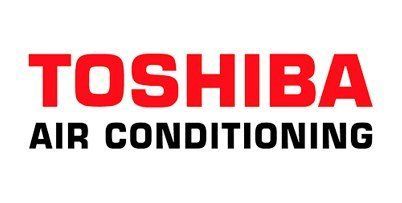How Often Should You Replace Your Smoke Alarm

It’s easy to forget the silent protectors in our homes until we need them. Smoke alarms are a critical line of defence in preventing house fires from becoming fatal, yet many Australians neglect their upkeep or don’t realise they have an expiry date. Whether you’re a homeowner trying to keep your property compliant or a landlord responsible for tenant safety, understanding when and why to replace your smoke alarm is essential.
Let’s explore what current standards say, what risks come from outdated alarms, and how to stay ahead with regular maintenance and professional advice, especially if you’re looking into smoke alarms in Townsville.
Understanding Smoke Alarm Lifespan: What the Standards Say
Smoke alarms aren’t built to last forever. Most manufacturers recommend replacing smoke alarms every 10 years, even if they still appear to work.
Over time, internal components deteriorate, and dust or insects can affect functionality. This makes routine replacement not just a best practice, but a necessary safety step.
Key reasons to replace alarms every 10 years include:
- Internal sensors lose sensitivity and may not detect smoke effectively.
- Older models may not meet updated legislation or safety standards.
- Build-up of grime or insects can compromise the alarm’s function.
Check the manufacturing date printed on the back of your alarm. If it’s over 10 years old, it’s time to replace it—no exceptions.
Why Regular Replacement Is Essential for Safety Compliance
Queensland’s legislation is clear: homes and rental properties must meet specific smoke alarm compliance requirements. All homes sold or leased must have interconnected, photoelectric smoke alarms under 10 years old.
This means it’s not just about functionality—it’s also about legal compliance. Staying on top of replacement timelines can prevent potential liability in case of an incident and ensure your property meets safety codes.
For full compliance in Queensland:
- Alarms must be photoelectric and meet Australian standards.
- They must be hardwired or powered by a non-removable 10-year battery.
- All alarms must be interconnected so that when one activates, all do.
If you’re unsure whether your current alarms meet these standards, it’s wise to have them professionally assessed.
The Risks of Using Expired or Malfunctioning Smoke Alarms
Outdated smoke alarms can lead to devastating consequences. In emergencies, every second counts, and a malfunctioning alarm can delay your ability to evacuate or respond.
There are several risks associated with using old or damaged alarms:
- Delayed response: Older sensors may react more slowly to smoke.
- False security: Alarms that appear functional may not detect fire at all.
- Unreliable alerts: Beeping without smoke or failure to activate during real incidents.
For example, in several recent Queensland house fires, non-working or expired smoke alarms were identified as contributing factors. These preventable tragedies highlight why prompt replacement is so critical.
Ionisation vs Photoelectric: When to Upgrade Your Alarm Type
Ionisation alarms were once common in Australian homes, but they’re now being phased out in favour of photoelectric models. Photoelectric alarms are more responsive to smouldering fires, which are more common in residential settings.
Key differences between the two:
- Ionisation alarms: React faster to flaming fires but are prone to false alarms and slower with smoke-heavy fires.
- Photoelectric alarms: Detect visible smoke particles early, especially from smouldering fires, providing more time to react.
Upgrading from ionisation to photoelectric is not just a legal requirement—it’s a major safety improvement.
Landlords’ Responsibilities: Meeting Rental Property Requirements
Maintaining compliant smoke alarms isn’t optional for landlords—it’s a legal obligation under Queensland’s updated legislation. This includes installing alarms in all bedrooms, hallways, and storeys.
Here’s what landlords need to keep in mind:
- Alarms must be replaced every 10 years or sooner if faulty.
- Each alarm must be interconnected and of the photoelectric type.
- Inspections must be conducted before new tenancies and lease renewals.
Failing to meet these obligations can result in legal penalties or insurance issues, so regular replacements and documented inspections are essential.
The Importance of Professional Installation & Timely Checks
Installing and replacing smoke alarms might seem simple, but incorrect placement or wiring can render them ineffective. Engaging a licensed professional ensures the alarms are installed correctly and to code.
Why professional installation matters:
- Guarantees compliance with Queensland legislation.
- Ensures alarms are placed at optimal locations (e.g. away from air vents).
- Verifies interconnection functionality across the home.
Routine checks are also crucial. Schedule an annual inspection to test functionality, replace batteries if applicable, and ensure no alarms show signs of age or malfunction.
Detecting a Faulty Smoke Alarm Before It Fails
Sometimes alarms give us signs they’re not working properly. Don’t wait until it’s too late to act on these warning signs.
Here’s what to watch for:
- Frequent or random beeping despite no smoke present.
- Test button doesn’t trigger an alert, or sounds weak.
- Discolouration, cracks, or insects around the alarm housing.
- Alarm fails to respond during routine testing.
If you notice any of these issues, replace the alarm immediately. A faulty alarm is as good as no alarm.
Planning Ahead: Building a Routine Smoke Alarm Replacement Schedule
To keep your household or investment property compliant and safe, create a recurring schedule for checking and replacing your smoke alarms before issues arise.
Steps to build your replacement routine:
- Set a 10-year calendar reminder based on installation dates.
- Include battery checks in your annual property inspection checklist.
- Use daylight saving time changes as a cue to test all alarms.
- Record all replacements and tests for landlord compliance documentation.
A proactive approach means fewer surprises and consistent peace of mind, especially in regions where heat and humidity can affect alarm lifespan.
Need Smoke Alarms Near You? Book a Professional Check Today
At GSA Group, we take home safety seriously. Whether you’re a homeowner upgrading to photoelectric alarms or a landlord meeting new rental regulations, we install and service smoke alarms in Townsville, QLD, with professionalism and care. We ensure your property stays compliant and your alarms work when it matters most.
Get in touch with us to schedule a smoke alarm check or replacement today. Let us help you stay ahead of the curve and protect what matters most.








